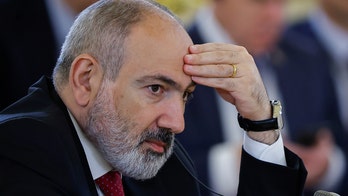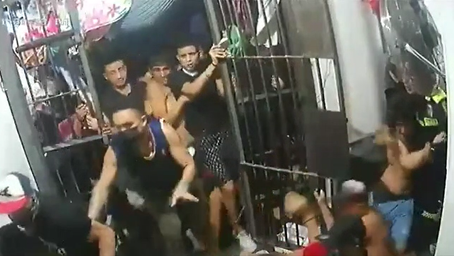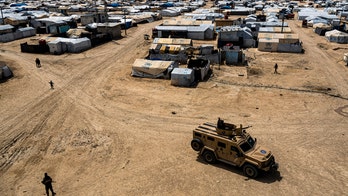Almost two months after Ecuadorian police raided the Mexican embassy in Quito, the South American country's government is seeking to re-establish communication with Mexico and find a diplomatic solution to the ensuing rift. However, the release of former Vice President Jorge Glas, who was seized during the raid, is not up for negotiation.

Ecuador's Foreign Minister Gabriela Sommerfeld expressed her country's readiness to engage in dialogue with Mexican officials to address the diplomatic crisis triggered by the April 5 embassy raid. However, she made it clear that the release of Jorge Glas, the former Vice President who was targeted in the raid, is nonnegotiable.
Ecuador has accepted Mexico's request for a third country to facilitate diplomatic communication. Sommerfeld did not disclose the identity of the third party, but her Mexican counterpart, Alicia Bárcena, hinted that Switzerland is a likely choice.

The raid on the Mexican embassy, which resulted in Glas's arrest, drew widespread international condemnation. Ecuador and Mexico have since filed complaints against each other with the International Court of Justice.
Glas had been granted political asylum hours before the raid. He was convicted in two corruption cases but had been living at the embassy since December on parole. After Mexico announced that Glas had sought asylum, a judge revoked his parole and ordered him to serve out his remaining two years and 11 months sentence.
Ecuadorian President Daniel Noboa defended the embassy raid as necessary to protect national security, arguing that Glas was not being sought for political reasons but for his criminal convictions. Mexico, on the other hand, has made his release a condition for any reconciliation.
Sommerfeld emphasized that trade and other forms of cooperation between Ecuador and Mexico continue despite the diplomatic rift. She also acknowledged the substantial increase in Ecuadorian migration to the United States in recent years, primarily due to the lack of jobs and safety in the country.
According to official data, over 123,000 Ecuadorians did not return from their international trips last year, while approximately 120,000 were apprehended at the U.S.-Mexico border. Sommerfeld stressed that the government is working to address the root causes of migration by focusing on security, employment, and education.










